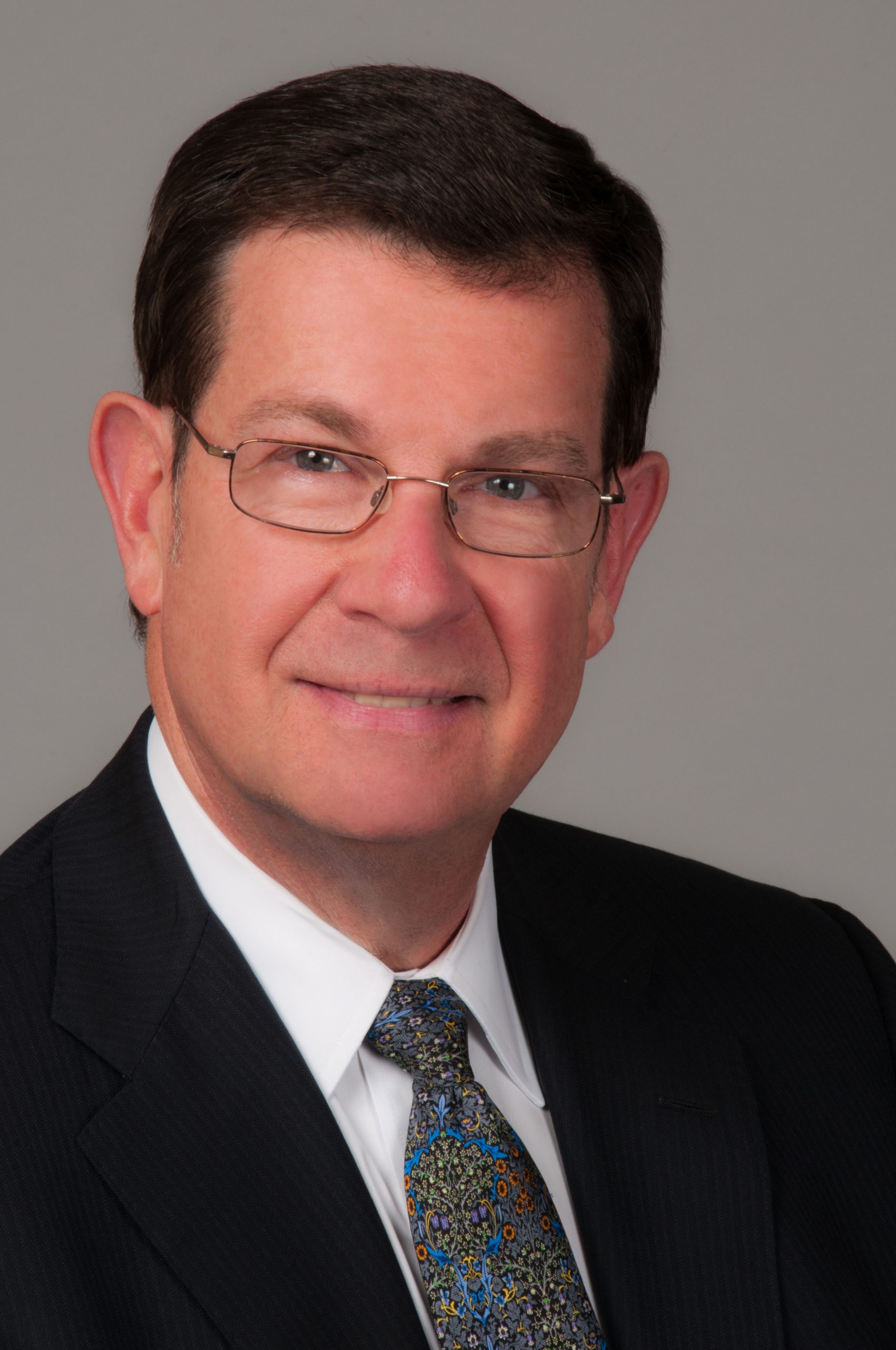“I am a Jew, an American and a humanist — in no specific order.”
Some years ago, a prominent Indiana politician, now in higher office, defined himself as “Christian, Conservative and Republican, in that order.”
I offer the following template of my identity: “I am a Jew, an American and a humanist—in no specific order.” These are not hierarchical categories, but overlapping spheres of identity that enhance, refine and complement one another.
I am a Jew. Judaism is my family’s legacy and my chosen spiritual path. I am a rabbi. Judaism’s wisdom and values, customs and traditions, rhythms and cycles, inform who I am.
I do not regard Judaism a better religion than others. It is my path to being human. I regard religious claims of Divine election, chosenness or superiority to be harmful remnants of immature faith. God does not play favorites.
My teacher, Rabbi Mordecai Kaplan, the founder of the Reconstructionist movement, once challenged our class to consider what term was the most apt synonym for the concept of religion and of Judaism in particular. After a vigorous discussion, Kaplan simply said, “religion is responsibility,” and cited Hillel’s dictum: “If I am not for myself—who is for me? But if I am for myself alone, what am I? If not now, when?” (Pirkei Avot 1:14) Responsibility to one’s self, to one’s fellow human beings and to the imperative of action is the essence of religion, of the Jewish way.
I am an American.
I am an American by choice. Born and raised in Panama, I came to this country to study. Here, I married and raised a family.
Becoming an American citizen was a natural and easy choice. I was always an American, a “Latino-Americano.” In many cultural and linguistic ways, I am still a “Latino.” I balance my checkbook in Spanish, dream in Spanish, and enjoy Panamanian food and Latin music.
But, it is the documents and values that inspired and shaped American democracy—the Declaration of Independence, the Bill of Rights, the advocacy of civil rights and the ongoing vigilance to preserve and enhance our constitutional rights of equality and freedom that I treasure. These values are consonant with my understanding of Judaism and enriched by the Enlightenment that gave birth to this nation, which, in the famous words of George Washington, “gives to bigotry no sanction, to persecution no assistance.”
Finally, I am a humanist. A liberal, secular humanist.
There was a time when the word “humanist” was a proud label, and the terms “liberal” and “secular” embodied societal values of honor and dignity. They have become closet designations, political liabilities. It is time to reclaim and to redeem these terms.
A liberal cherishes freedom of thought, believes in the use of science and reason, and in the human potential for improving the conditions of life for all. Liberal denotes openness—an open mind, an open heart, an open hand.
Secular means “of this world; of this time.” Under Greek thought, religious philosophy separated “body” from “soul,” this world of flesh and sin from an ideal “world to come.” Yet, in the best of our Western heritage, the secular (worldly) and the religious (spiritual) remain inseparable.
Humanists are portrayed in today’s politics as villains who encourage pornography, abortion, and the separation of church and state—enemies of the family and of America’s most cherished values. But humanism cherishes critical thinking, responsibility and the potential of human beings for good. It is fully consonant with the best of faith and patriotism.
This is my identity. Each of us has a distinct vocabulary of values and ideals that define who we are. Knowing ourselves and seeking to learn about others will lead to a sustained, respectful, thoughtful conversation that will renew, heal and strengthen us as individuals, as religious communities and as a nation.
This essay was first published in the Indianapolis Business Journal (November 16, 2018).







